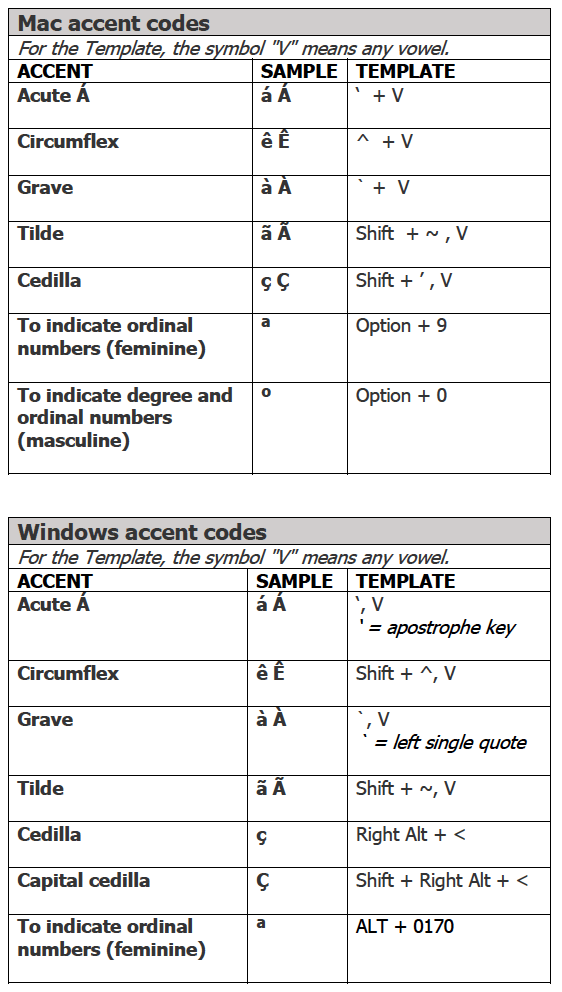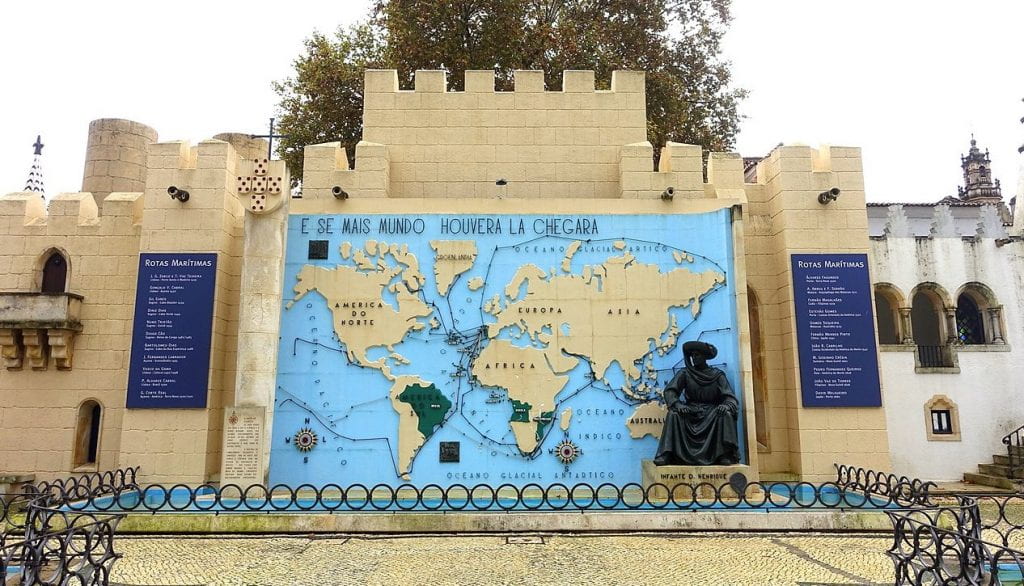Lusófono
Artigo interessante sobre as variações linguísticas entre o português falado em Portugal e no Brasil:
Don’t forget your accents :)
Accents are very important in the Portuguese language. Coco (coconut) and cocô (poop), for instance, are words with very different meanings, although the only difference between the two in writing is the circumflex accent.
It’s in the news!
One of the best ways to learn a language is by reading in it. The following are great sources of news in Portuguese:
https://www.bbc.com/portuguese/
https://www.redebrasilatual.com.br
https://brasil.elpais.com/tag/portugues/a
http://catarinas.info/noticias/
https://globoesporte.globo.com

